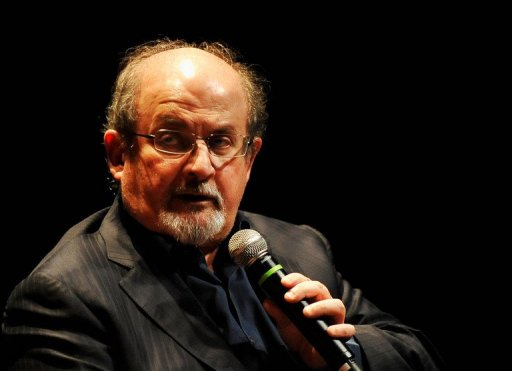
AFP Photo / Jerod Harris
Booker prize winning author Salman Rushdie has described as “worthless, insulting and poorly-produced,” the anti-Islam film Innocence of Muslims which caused violent protests in several Muslim countries which a total of 19 persons dead.
“If you look at the way in which free expression is being attacked by religious extremism, the things of which these people are accused are always the same – it is blasphemy, heresy, insult, offence,” Rushdie told BBC television
“The only way of living in a free society is to feel that you have the right to say and do stuff.”
The Indian-born British national also said it is unacceptable to attack diplomats and innocent persons, who have nothing to do with the film.
Rushdie himself was accused of mocking Islam and the prophet Muhammad in his novel The Satanic Verses.
The name referred to the events of the novel where Prophet Muhammad deleted some verses of the Quran, justifying this by saying that Satan vocalized those verses on his behalf.
The novel caused a huge wave of anger in the Muslim world and the Iranian spiritual leader Ayatollah Al-Khomeini issued a Fatwa (religious ruling) calling for Rushdie’s death. In 1989, Rushdie survived an assassination attempt by a member of Hezbollah.
Afterwards, Rushdie disappeared from public life, and lived for ten years undercover, assuming the name Joseph Anton. He said he chose the name in honour of his two favourite authors; Joseph Conrad and Anton Chekhov.
Rushdie recently published a memoir about the ten years that followed the publication of The Satanic Verses. Joseph Anton tells of how he was forced to move between different safe houses frequently, under the protection of armed guards.
“I am gagged and imprisoned, I can’t even speak. I want to kick a football in a park with my son. Ordinary, banal life: my impossible dream,” says Rushdie in his memoir.
“I have always said that what happened to me was just the beginning, which would be followed by other similar actions,” Rushdie told BBC television.
